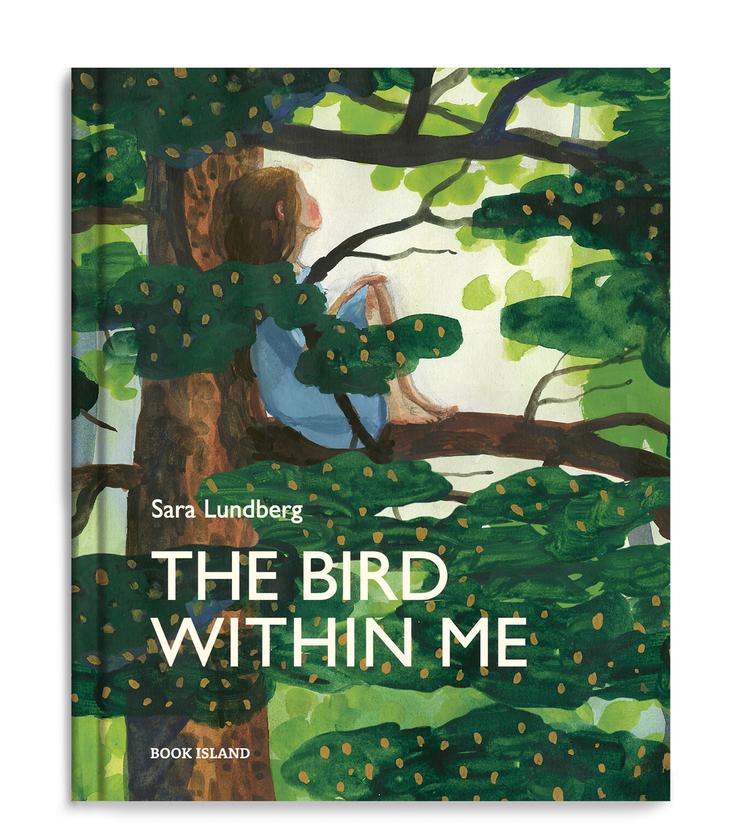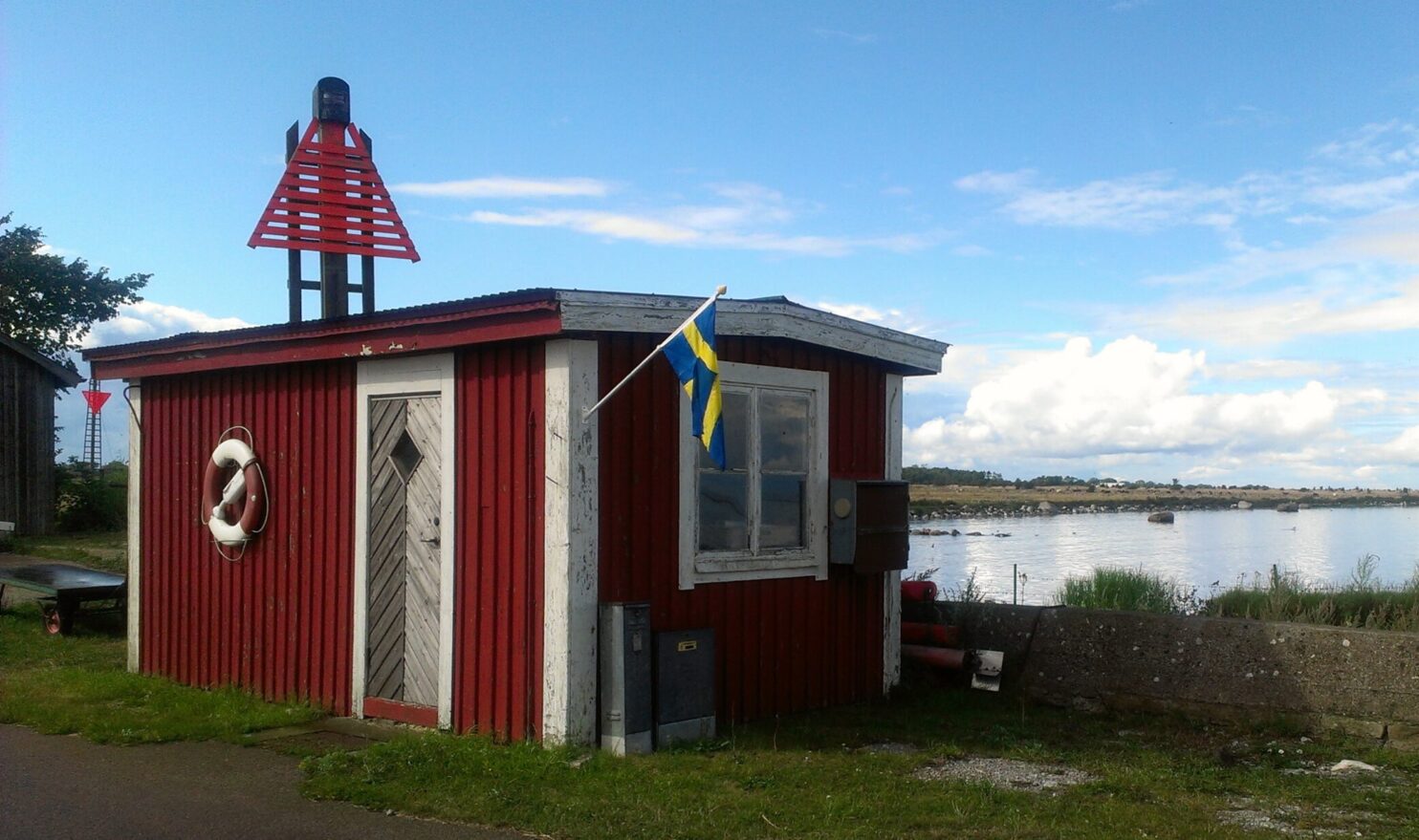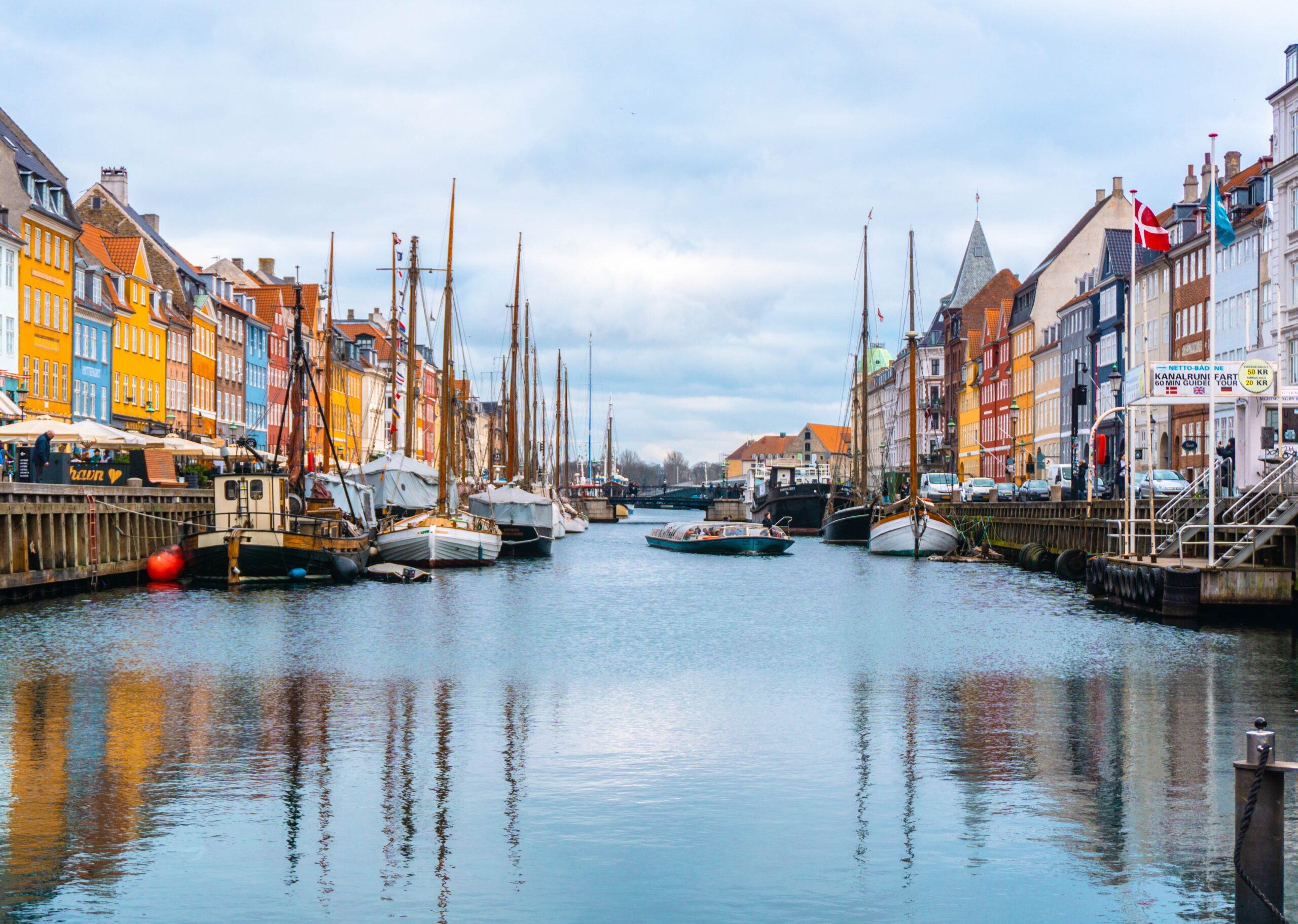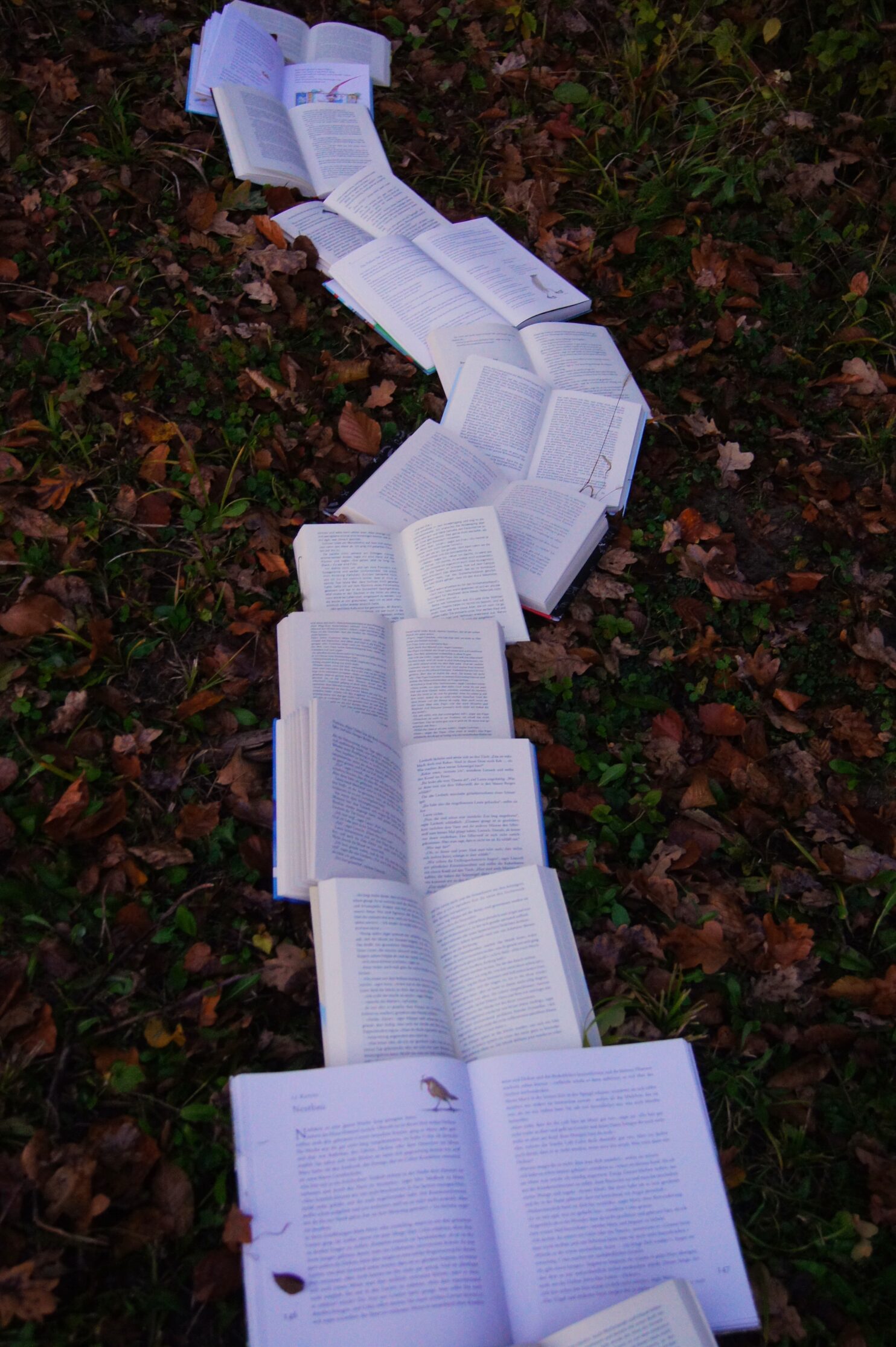SELTA: Hello there! Tell us how DELT got started… And what’s your role in this?
EK: Hello and thank you for inviting me and Lindy Falk van Rooyen to the SELTA AGM this year to introduce ourselves and learn from SELTA! I’m the recipient of the first UCL Impact PhD Studentship in Danish-English Translation, co-sponsored by UCL and Statens Kunstråds Litteraturudvalg (The Danish Arts Council’s Committee for Literature). Part of the ‘impact’ element of my PhD is that I’ve been given the remit to set up a new network for Danish into English literary translators, as one did not exist.
I started the PhD in UCL’s Scandinavian Studies department in Autumn 2013 and soon hosted a few initial meetings for translators in London and Copenhagen to run through the options for online networks and find out what they would find useful. The result of these discussions was that we identified the need for two separate online spaces: a (closed) network for translators to communicate and form a group identity, and a public website as the online presence of this network, to provide information to interested people about the network, its members, their work, and other useful resources. So in mid 2014 I launched our Google+ Community and the website danishtranslation.org.
Now after a few years of DELT meetings and events in London, Denmark, and the USA, we have started the process of formalising the network by establishing a committee and constitution. The voluntary ‘working committee’, of which I am Chair, has had two meetings this year and I’m very excited that the energy and expertise of enthusiastic translators is being channelled into ensuring the future of the network!
SELTA: In what ways is DELT different to SELTA?
EK: There are similarities and we have found so much inspiration from SELTA, but the first key difference is that DELT is open to all literary translators of Danish into English worldwide – that is, there is no separate network in North America (unlike SELTA’s counterpart STiNA), and the joining criteria at the moment are that established and emerging translators of Danish literary texts into English are welcome to join at any stage in their career. DELT is independent and unlike SELTA at present receives no regular funding or stipends, though we are eligible to apply to the Danish Arts Foundation’s Pulje for oversætternetværk for our meetings and events. In addition, at this stage we do not have a publication, though we eye Swedish Book Review with respect and envy and are making plans to develop an online publication once DELT is more firmly established!
SELTA: What is the hardest thing about setting up a brand new translators’ network?
EK: On reflection, it has been a very gradual process, partly owing to my other commitments (for instance, I am of course researching and writing my PhD on the dissemination of Danish literature in the UK!) and in trying to find where this network fits for its members around existing networks (such as the Society of Authors’ Translators’ Association or Danish equivalent Dansk Oversætterforbund).
SELTA: And the best thing?
EK: Meeting so many passionate people! All the translators I’ve met are infectiously keen on what they do. It is great to see the connections and friendships developing from creating such a network which simply didn’t exist before. On a personal level, the network has been a fantastic boon for my PhD research as I’m writing about the publishers, authors, funders, and translators who participate in bringing contemporary Danish literature to the UK, and translators have been so generous in giving me insight into this world.
SELTA: What opportunities do you see for future co-operation between DELT and other organisations like SELTA or the TA?
EK: Joint events and workshops certainly! For instance, it would be fantastic to set up a joint seminar day or similar in the not-too-distant future for literary translators of all the Scandinavian languages to network and learn together.
SELTA: Know any good jokes?
EK: My five-year-old’s current favourite: what’s orange and sounds like a parrot? A carrot!
SELTA: Well that’s about it then… Thank you Ellen Kythor, DELT Chair.
http://danishtranslation.org/
This post was amended on 5 January 2018 to reflect the fact that shortly after this interview, DENT was renamed as DELT.
We also note that since this interview SELTA has voted to accept membership applications from Swedish to English translators worldwide.








